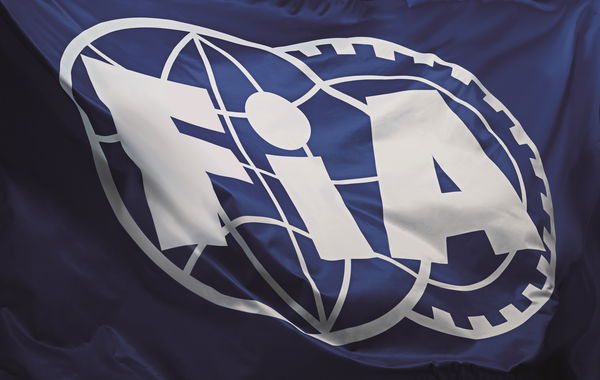
via Imago
FIA

via Imago
FIA
Discussions over the 2021 F1 engine regulations seem to be going absolutely nowhere for the moment. The current F1 manufacturers questioned the Liberty Media and FIA approved package.
The basic parameters of the simplified regulations were jointly announced by the two organisations back in October. These regulations include, dropping the MGU-H component.
Discussions have continued since then, despite initial reservations. The manufacturers indicated that they have accepted the loss of the MGU-H. The FIA had hoped to produce a final draft of the regulations at the end of June, but that deadline has passed.
ADVERTISEMENT
Article continues below this ad

via Imago
FIA
At the last minute, following discussions at last week’s Strategy Group meeting, the manufacturers said that they want to keep the current hardware package, including the MGU-H.
The main reason for their stance is the fact that no new entrants have committed to coming into F1 in 2021. That was one of the main justifications for the proposed changes.
German manufacturing giant, Porsche, has been involved in all the discussions over shaping the 2021 rules. Similarly, Volkswagen was an interested party when the current V6 hybrid regs were formulated.
However, no decision has been made yet on launching an F1 programme. This is mostly because the VW Group is embroiled in the ongoing emission scandal.
Aston Martin, which has also expressed interest in an F1 project, is also sitting on the fence.
In addition, Red Bull’s works deal with Honda has changed the game. It places one of the sport’s biggest players in a strong position with a potentially competitive engine. At the same time, it reduces Aston Martin’s involvement in the sport.
ADVERTISEMENT
Article continues below this ad
The manufacturers see no reason to make huge investments in revising their hardware when the competition among manufacturers is lacking.
Renault F1 boss Cyril Abiteboul made it clear that they do not want to be forced into an expensive new development race.
“I think we should always give priority to stability,” he said. “I think it’s the baseline for everything, particularly in F1, which is such a competitive and expensive environment.
ADVERTISEMENT
Article continues below this ad
“That’s true for the engines, that’s true for everything else, for aerodynamic development, and so forth.
“I think we underestimate the benefit of stability for the cost for everyone, for the manufacturers, also for the teams, but also for the show, because we want close racing, close action.”
ADVERTISEMENT
ADVERTISEMENT
ADVERTISEMENT
ADVERTISEMENT

